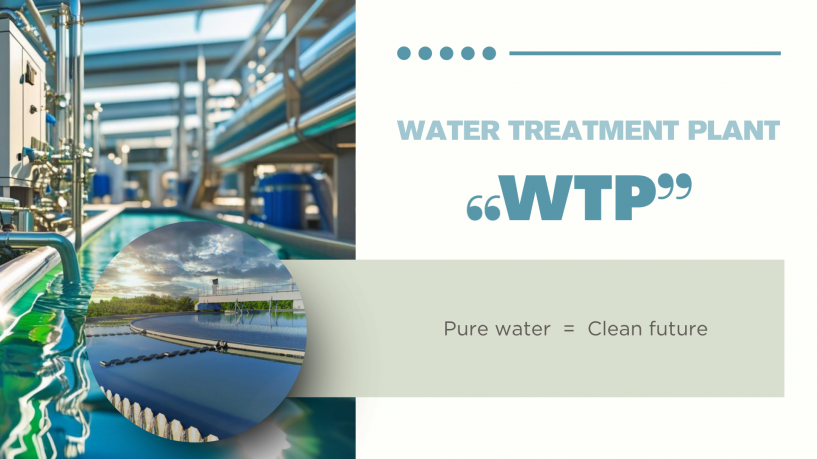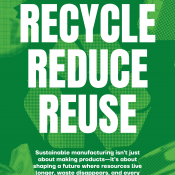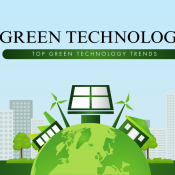Water Treatment Plant (WTP): Clean Water for Industry, Environment, and Life

Water is the foundation of life, economy, and progress. As Bangladesh continues its journey toward industrial growth, the demand for clean water has become more critical than ever. However, increasing industrialization has also led to a significant rise in water pollution, making Water Treatment Plants (WTP) not only relevant but essential for survival.
A Water Treatment Plant is more than a system—it’s a solution. Whether it’s treating river water for public use or cleaning industrial effluent for safe discharge or reuse, WTPs play a vital role in protecting both human health and the environment.
In this detailed blog, we’ll explore what WTPs are, how they work, why they matter in Bangladesh, and how companies like Green Future International, are offering eco-smart solutions for a sustainable tomorrow.
What is a Water Treatment Plant (WTP)?
A Water Treatment Plant is a facility designed to purify and treat water, making it suitable for various uses like:
- Drinking
- Industrial use
- Agricultural irrigation
- Domestic activities
- Safe discharge into the environment
Water treatment involves removing physical, chemical, and biological contaminants through a series of systematic processes. Depending on the water source and purpose of use, treatment methods may vary, but the goal remains the same: Clean, safe, reusable water.
Why Do We Need Water Treatment Plants?
In Bangladesh and around the world, the quality of natural water sources is declining. Waste from homes, agriculture, and especially industries is often released into rivers, canals, and lakes without treatment, leading to toxic contamination.
Here’s why WTPs are essential:
1. Public Health Protection
Contaminated water can spread deadly diseases like diarrhea, cholera, and typhoid. A properly functioning WTP eliminates harmful bacteria, viruses, and parasites.
2. Industrial Safety
Industries need specific water quality standards for their machinery and products. Unfiltered water can damage systems and reduce efficiency.
3. Environmental Balance
Untreated wastewater pollutes aquatic ecosystems, killing fish, harming plants, and destroying biodiversity. WTPs help preserve nature.
4. Legal Compliance
According to the Environment Conservation Rules 2023, all industries in Bangladesh must install water treatment facilities before discharging wastewater. Violations can result in penalties, shutdowns, or loss of Environmental Clearance Certificates (ECC).
Types of Water Treated in a WTP
A WTP can treat many types of water, including:
- Surface Water – From rivers, lakes, and ponds, often contaminated with silt, microbes, and industrial runoff.
- Groundwater – Usually from deep tube wells but may contain iron, arsenic, or other minerals.
- Industrial Wastewater – From garments, dyeing, tanneries, food processing, pharmaceuticals, etc.
- Municipal Wastewater – From cities, towns, and housing areas (STPs handle this).
- Rainwater – For harvesting and reuse.
Core Components of a Water Treatment Plant
A typical WTP includes the following stages:
1. Intake & Screening
Large debris like plastics, sticks, leaves, and solids are removed through screens.
2. Coagulation & Flocculation
Chemicals such as alum or ferric chloride are added to help small dirt particles clump together into larger “flocs.”
3. Sedimentation
The heavy flocs settle at the bottom of the tank, separating from the clearer water.
4. Filtration
Water passes through sand, gravel, or carbon filters to remove smaller impurities and suspended solids.
5. Disinfection
To kill remaining bacteria, chlorine, ozone, or ultraviolet (UV) light is used.
6. Storage & Distribution
Cleaned water is stored in tanks or reservoirs and distributed for further use.
Advanced Water Treatment Technologies
Modern WTPs use advanced, automated technologies to ensure better results and lower operational costs. These include:
- Membrane Filtration (UF, NF, RO)
- Activated Carbon Filtration
- Electrocoagulation
- Zero Liquid Discharge (ZLD) Systems
- SCADA-based Automation
- Real-Time Monitoring
Companies like Green Future Bangladesh specialize in offering custom-designed, technologically advanced WTP systems suitable for local needs and international standards.
Challenges of Water Pollution in Bangladesh
Rising Industrial Discharge
Industries in Dhaka, Gazipur, Narayanganj, Chattogram, and other regions are expanding rapidly. But many factories still discharge untreated water into local rivers like Buriganga, Turag, and Karnaphuli.
Urbanization Without Planning
As urban areas grow, municipal waste and storm water enter canals and ponds without treatment.
Weak Monitoring and Enforcement
Although the DoE mandates treatment systems, enforcement is still catching up.
WTP vs. ETP vs. STP: Know the Difference
|
Plant Type |
Full Form |
Purpose |
Common Use |
|
WTP |
Water Treatment Plant |
Clean raw water for reuse |
Industry, drinking |
|
ETP |
Effluent Treatment Plant |
Treat industrial wastewater |
Garments, tanneries |
|
STP |
Sewage Treatment Plant |
Treat domestic sewage |
Residential, city |
In many cases, industries use a WTP + ETP combination: first treating raw water for processes, then treating used water before discharge.
Role of WTP in Achieving SDGs (Sustainable Development Goals)
WTPs are vital for achieving:
- SDG 6: Clean Water and Sanitation
- SDG 9: Industry, Innovation, and Infrastructure
- SDG 12: Responsible Consumption and Production
- SDG 13: Climate Action
A well-functioning WTP contributes directly to environmental sustainability and economic resilience.
Green Future Bangladesh: Leading the Way in Water Treatment
At Green Future International, we believe in building a future where water is not wasted—but reused, recycled, and respected.
We offer:
- Customized WTP Design & Installation
- Low Chemical & Energy Consumption Models
- Operator Training and System Automation
- Compliance with DoE, BSTI, and World Bank standards
Our WTP systems are serving garment factories, tanneries, pharmaceuticals, and food industries across Bangladesh.
“Cleaner water, cleaner future. That’s our promise.”
The Water Treatment Plant (WTP) is no longer a luxury or a choice—it is a necessity in modern industrial Bangladesh. From saving natural rivers to meeting legal requirements and improving brand reputation, investing in a WTP brings countless benefits.
As a responsible business, your water is your responsibility.
If you’re looking to install, upgrade, or audit your water treatment system, talk to an expert team like Green Future Bangladesh. Let’s work together to build an eco-smart, water-secure Bangladesh.
Published on: Monday, 21 July 2025, 01:26 pm ▪ Last update: Wednesday, 23 July 2025, 01:35 pm ▪ Total View of this Page: 406







